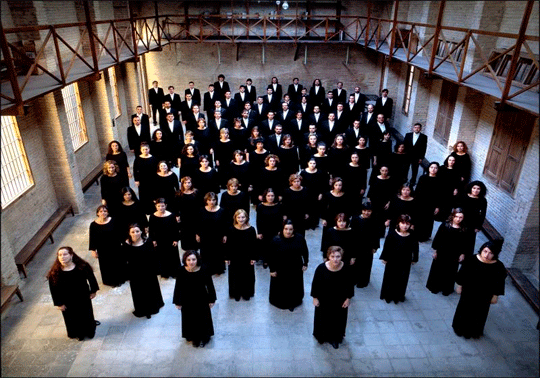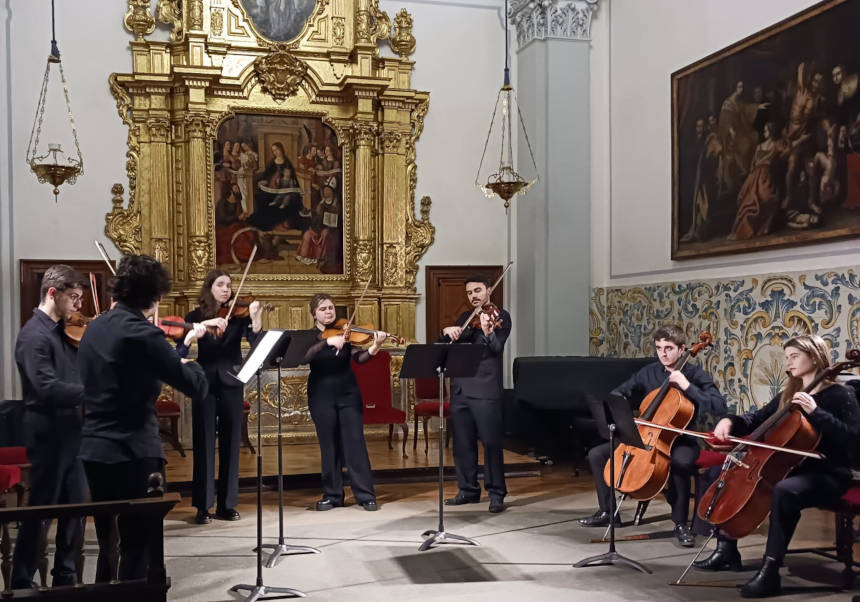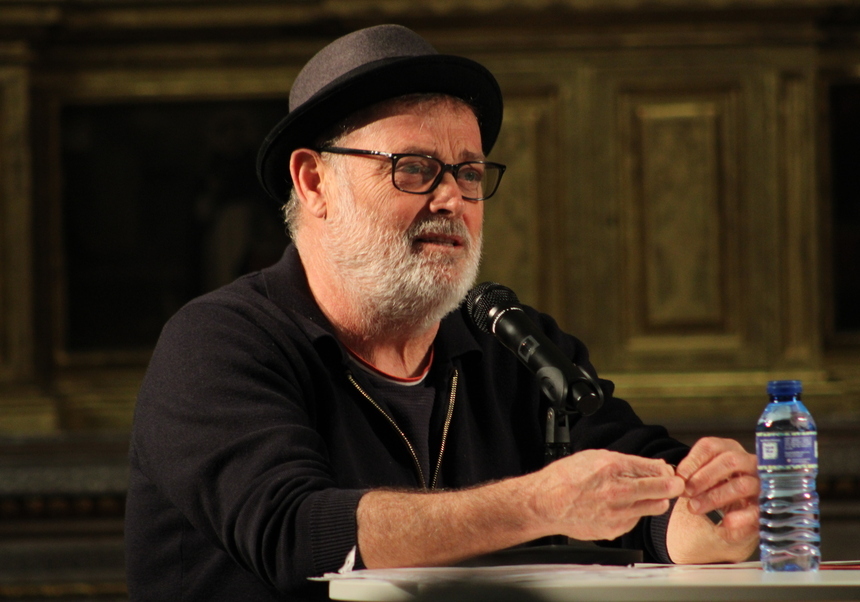The female voices of the Valencian Government choir sing today at Serenates
- June 26th, 2017

Today, Monday 26 June, the female voices of the Valencian Government Choir will sing in the Cloister of the Cultural Centre La Nau in the framework of the programming of the festival Serenates which is organised by the Valencian Institute for Culture and the Universitat de València. This concert is included in the commemorative events of the 30th anniversary of this musical institution.
In this case, Jordi Blanch, the assistant director will direct the choir; Carmen Avivar, will be the soloist soprano; Minerva Moliner, the soloist mezzosoprano and Francisco Hervás will be at the piano.
The first part of the concert will be dedicated to the romantic repertoire. Shubert, Mendelsshn and Schumann will be the representatives with sacred works such as ‘Gott ist mein Hirt’ (The Lord is my Shepherd), romantic works like ‘Gruss’ (Greeting) and legendary ones like ‘Der Wassermann’ and ‘Meerfey’.
The 20th century will centre the second part with Claude Debussy, E. Elgar and the young Valencian composer Albert Alcaraz, the Hispanic-Cuban Joaquín Nin and the Valencian Francesc Llácer will put an end to the act with two works based on popular songs.
The Valencian Government Choir is functionally under the Department of Music and Popular Culture of the Valencian Institute for Culture. It is recognised as one of the best chorus group of Spain. It was founded in 1987 with the name of Valencian Chorus. Since 2006, it is permanent chorus at Palau de les Arts.
It combines the opera with symphonic music from all periods and it has singed under the baton of directors such as Claudio Abbado, Rinaldo Alessandrini, Riccardo Chailly, Manuel Galduf, Enrique García Asensio, Luis Antonio García Navarro, Miguel Ángel Gómez Martínez, Valeri Guérguiev, Leopold Hager, Cristóbal Halffter, Robert King, Sir Neville Marriner, Lorin Mazel, Zubin Mehta, Lord Yehudi Menuhin, Marc Minkowski, Krzysztof Penderecki, Josep Pons, Michel Plasson, Georges Prêtre, Helmuth Rilling, Guennadi Rojdestvenski, Antoni Ros-Marbà, Mstislav Rostropóvitx and Alberto Zedda, among others.
File in: Centre cultural La Nau , Festival Serenates , Música, Musicología















